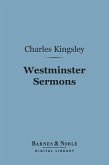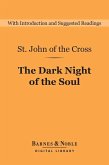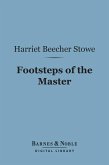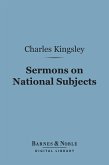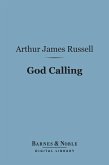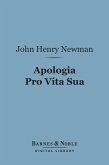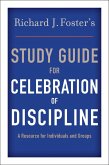As Queen Victoria's chaplain, Kingsley was keenly interested in the social problems of his day. This 1859 collection offers thirty-nine theological musings on a wide variety of subjects, including salvation, heroes and heroines, music, Christ's boyhood, human nature, pain, prudence, and many others.
Dieser Download kann aus rechtlichen Gründen nur mit Rechnungsadresse in A, D ausgeliefert werden.



